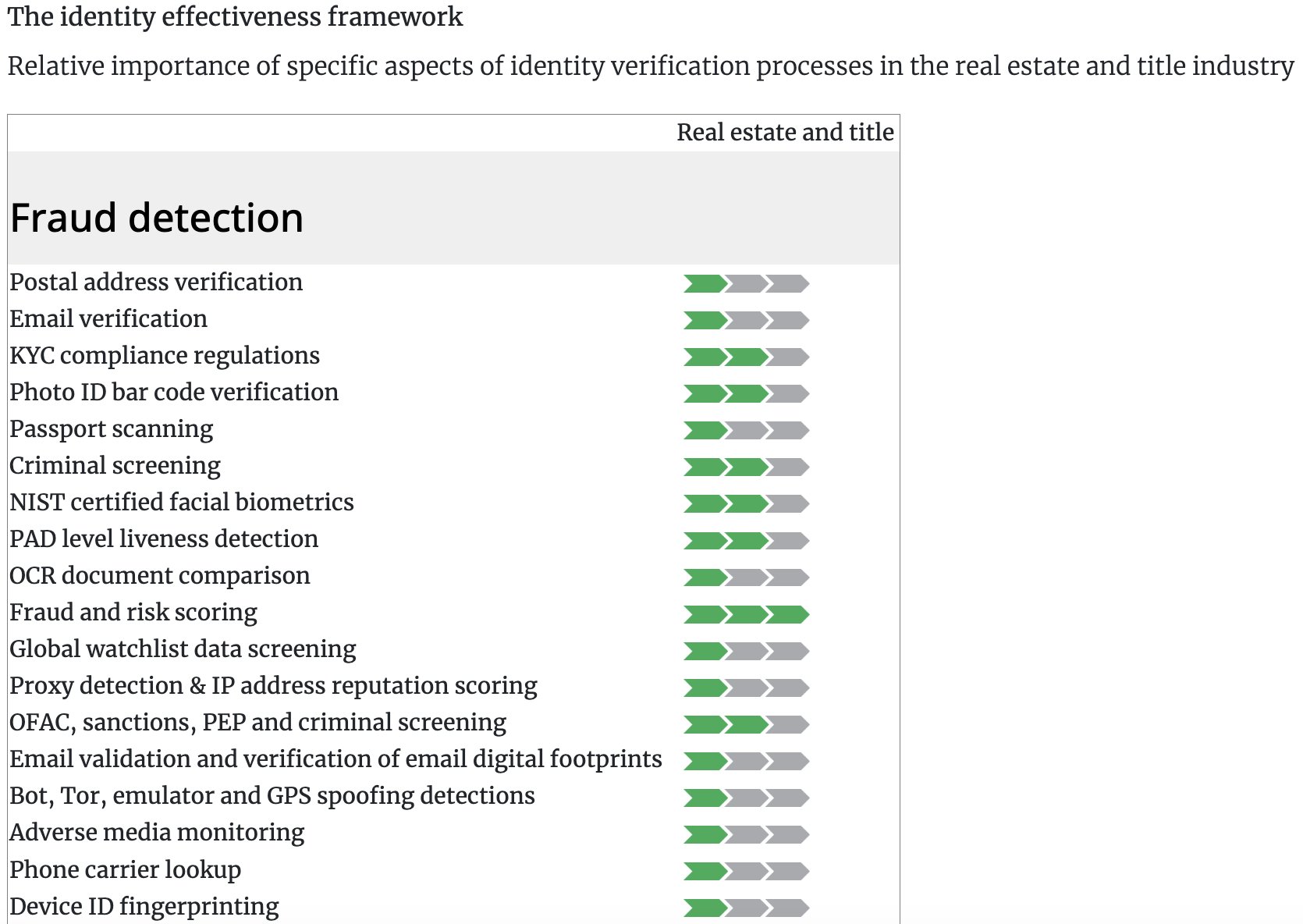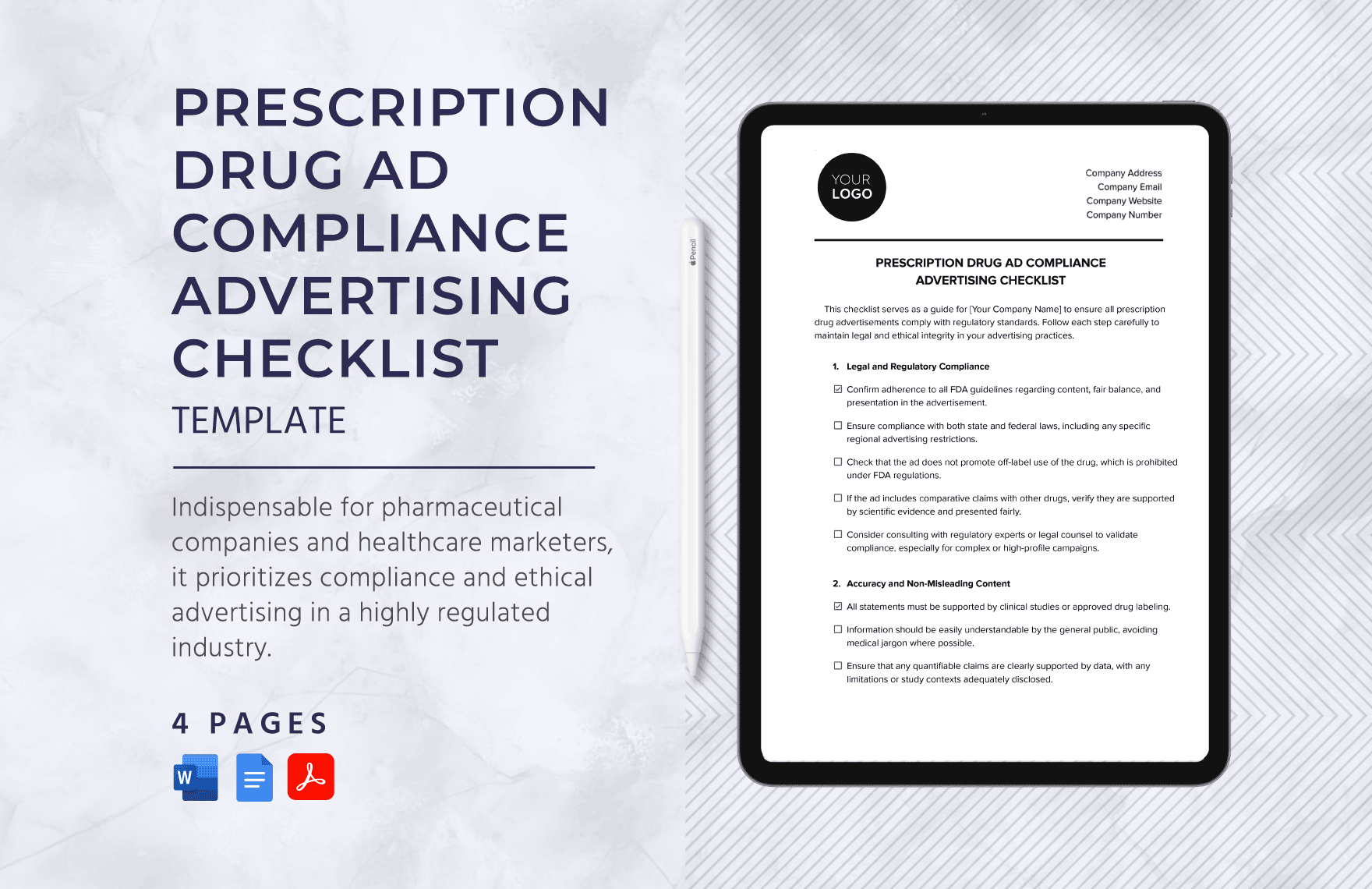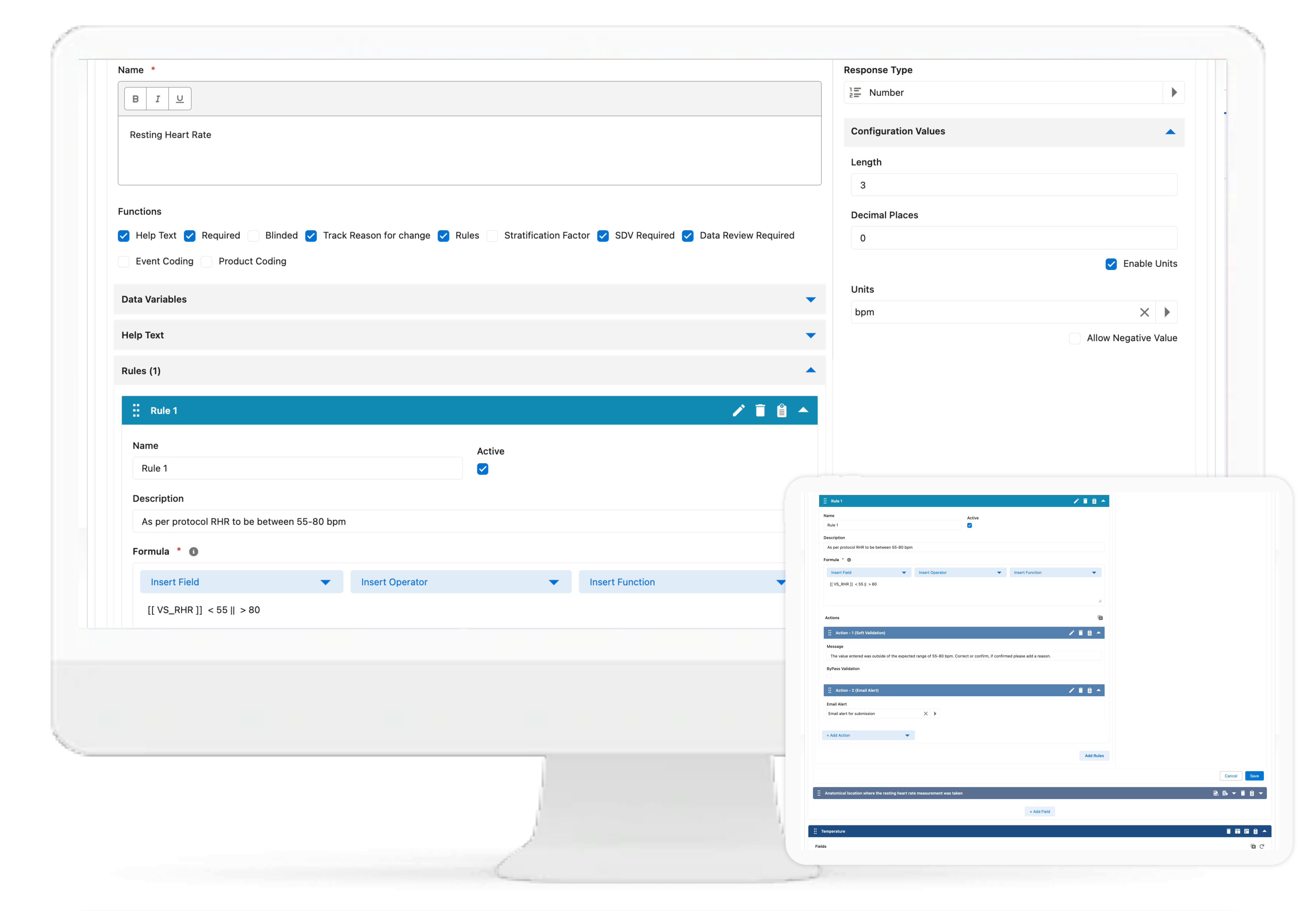Compliance with Email Validation Regulations: A Guide for Businesses. Learn how to ensure Compliance with Email Validation Regulations with our simple guide for Businesses. Keep your emails effective & trustworthy!

<<<<< Buy Now from Official offer >>>>>
Importance of Email Validation Regulations for Businesses
Compliance with email validation regulations is crucial for any business. It ensures that you connect with genuine customers. With the rise of digital marketing, using valid email addresses has never been more important. Invalid emails waste resources & hamper marketing efforts. Businesses face penalties if they fail to comply with regulations. Regulations protect consumer rights & promote trust.
Non-compliance can result in severe consequences. Fines, lawsuits, & damaged reputations can occur. And another thing, your email campaigns may be less effective. Thus, businesses must prioritize valid email lists. Regulations help maintain data integrity.
Key Email Validation Regulations to Consider
Many email validation regulations exist. Here are the most significant ones:
| Regulation | Description |
|---|---|
| CAN-SPAM Act | Set rules for commercial emails & requires senders to provide an opt-out option. |
| GDPR | Requires businesses to obtain explicit consent before sending marketing emails. |
| CASL | Canadian Anti-Spam Legislation requires consent from users before sending emails. |
Each regulation has unique requirements. Understanding these laws is necessary to avoid penalties. Always ensure your business complies with all applicable regulations.
Email Validation Best Practices
Effective email validation involves several best practices. Start by using an email verification tool. These tools check if email addresses are valid. They can significantly reduce bounce rates. Next, implement double opt-in methods for subscriptions. This confirms users genuinely want to receive emails. And another thing, regularly cleanse your email lists. Remove inactive or invalid addresses often.
- Utilize email verification tools.
- Implement double opt-in for subscriptions.
- Regularly clean your email list.
- Monitor engagement rates frequently.
Finally, track your email marketing performance. Understanding engagement helps refine your strategy. By following these practices, businesses can ensure compliance & enhance their outreach.
Consequences of Non-Compliance
Non-compliance with email validation regulations leads to serious issues. Businesses may face significant fines. For example, violating the CAN-SPAM Act can result in penalties of up to $43,792 per email. And another thing, non-compliance can damage your brand’s reputation.
Customers lose trust in brands that misuse their information. This leads to a higher unsubscribe rate. And don’t forget, your email deliverability can decline. Emails might get marked as spam, affecting future campaigns.
“Complying with email regulations is a necessity for businesses.” – Garry Greenholt
Tools for Effective Email Validation
Investing in email validation tools is vital. These tools help ensure compliance. Various options exist, each with unique features. Some popular ones include:
| Tool Name | Key Features |
|---|---|
| ZeroBounce | Email validation, email appending, & email scoring. |
| NeverBounce | Real-time verification & API integration. |
| Hunter.io | Email discovery & verification tool. |
Select tools based on your needs. Ensure they comply with relevant regulations. Regularly evaluate your chosen tools for effectiveness.
Implementing Compliance Strategies
Compliance strategies are essential for any business. Begin by training your team on regulations. Everyone should understand their responsibilities. Next, audit your email practices regularly. This helps ensure you adhere to the rules.
Establish clear data management policies. Clear policies help maintain compliance. Include processes for collecting, storing, & using email data. Regularly update these policies as regulations change.
- Train your team on email regulations.
- Conduct routine audits of email practices.
- Establish clear data management policies.
- Update policies regularly to match changes.
Finally, encourage users to manage their preferences. This builds trust & enhances compliance.
Monitoring Compliance & Performance
Continuously monitoring your compliance is vital. Use analytics to track your email performance. Focus on bounce rates, open rates, & unsubscribe rates. High bounce rates indicate invalid emails. Frequent unsubscribes may signal compliance issues or quality problems.
Consider employing compliance software. These tools automate monitoring & alert you of potential risks. Regular reports can help you stay informed.
| Metric | Ideal Rate |
|---|---|
| Bounce Rate | Less than 2% |
| Open Rate | Above 20% |
| Unsubscribe Rate | Below 0.5% |
Align your goals with compliance strategies. This will improve emails & maintain customer trust.
Staying Updated with Email Regulations
Regulations change frequently. Thus, businesses should stay informed. Subscribe to newsletters for email marketing updates. Follow industry blogs & compliance guidelines. Attend webinars & training sessions for insights. Networking with other businesses can also provide useful information.
- Subscribe to relevant email marketing newsletters.
- Follow industry-specific blogs & forums.
- Engage in webinars & training programs.
- Network with peers for shared experiences.
By keeping up with changes, your business can maintain compliance. Adapt your email marketing strategies as needed.
<<<<< Buy Now from Official offer >>>>>
Feature of Reoon Email Verifier
Reoon Email Verifier provides an array of powerful features that enhance email validation for businesses. With lifetime access, users gain uninterrupted support & updates. This ensures they stay compliant with email validation regulations.
The product includes all future updates under the Daily Credits Plan. Should the plan change in name or structure, previously purchased deals will be properly mapped to the new configuration, allowing users to benefit fully without extra costs. Early adoption is encouraged as codes must be redeemed within 60 days of purchase.
Users can stack up to 5 codes based on their needs. Previous customers from AppSumo will enjoy grandfathered feature limits, making transitioning to new plans seamless. Reoon’s system supports both single & bulk email verification for maximum flexibility.
Key Features
- Validate emails from Gmail, Yahoo, Outlook, & custom domains.
- Dynamic detection of temporary email addresses for heightened accuracy.
- Mail Transfer Agent (MTA) validation of domains.
- SMTP validation for individual addresses, ensuring each email is functional.
- Extraction & validation of MX records.
- Individual inbox status detection to confirm email usability.
- Role account detection to identify emails linked to specific roles.
Challenges of Reoon Email Verifier
Despite its advantages, Reoon Email Verifier presents challenges for users. These can include limitations in scope or the technical hurdles some might face during usage. For instance, not all email service providers may work seamlessly with the verification tools available in Reoon.
Users have reported occasional compatibility issues, particularly when integrating with specific CRM systems or third-party applications. Learning curves exist as well, especially for new users who may struggle with the user interface. Familiarizing oneself with the platform requires time & practice.
To address these challenges, comprehensive guides & customer support options should be utilized. Investing time in tutorials or support forums can greatly aid in overcoming initial hurdles.
Price of Reoon Email Verifier
Reoon Email Verifier offers competitive pricing plans designed to accommodate varying business needs. Below is a pricing table showcasing available options.
| Plan | Price |
|---|---|
| Plan 1 | $79 |
| Plan 2 | $158 |
| Plan 3 | $237 |
Limitations of Reoon Email Verifier
While Reoon Email Verifier excels in many areas, it also has limitations compared to similar products. One notable shortfall may include missing features that competitors offer.
For instance, fewer integration options with marketing platforms may hinder workflow efficiency for some users. User experience can also be a concern, as some feedback indicates that the interface could be more intuitive & user-friendly.
And don’t forget, the real-time verification feature may not always perform optimally, leading to vary results across different email domains. Addressing these areas for improvement will be crucial for enhancing overall user satisfaction.
Case Studies
Case studies highlight how Reoon Email Verifier has provided measurable benefits to businesses. One user, a digital marketing agency, utilized the verifier to clean their email list. This effort led to a significant reduction in bounce rates, ultimately enhancing deliverability.
Another example features a startup that incorporated email verification into their lead generation process. By validating email addresses before reaching out, they improved engagement & conversions by over 30%. Customer interactions became smoother due to well-tailored outreach efforts.
These examples underscore the effectiveness of incorporating Reoon into existing email marketing strategies, revealing that proper usage can lead to noticeable improvements in performance metrics.
Recommendations for Reoon Email Verifier
For users to maximize their experience with Reoon Email Verifier, specific recommendations prove beneficial. First, take full advantage of the bulk verification feature. This capability saves time & resources significantly.
In addition, integrating the email verifier with marketing tools can streamline operations. Users should explore third-party APIs to enhance functionality. Regularly update verification processes to keep email lists accurate.
To further optimize the capabilities of Reoon, consider pairing it with complementary products. These could include CRM systems that provide advanced analytics, offering insights into customer engagement.
Effective Usage Tips
- Utilize bulk verification to streamline processes.
- Integrate Reoon with marketing automation tools for efficiency.
- Regularly maintain email lists to ensure ongoing accuracy.
- Implement scheduled verifications to prevent outdated leads.
- Participate in user forums for tips & best practices.

What are email validation regulations?
Email validation regulations are legal guidelines that govern how businesses collect, store, & manage email addresses from customers. These regulations typically aim to protect consumer data & ensure that businesses communicate responsibly with their audience.
Why is email validation important for businesses?
Email validation is crucial for businesses as it helps maintain a clean & accurate email list. This leads to better communication with customers, improved marketing campaigns, & compliance with legal requirements regarding data protection.
What regulations should businesses be aware of regarding email validation?
Businesses should be aware of regulations such as the General Data Protection Regulation (GDPR) in Europe & the California Consumer Privacy Act (CCPA) in the United States. These laws set strict guidelines on how email data must be handled & provide rights to consumers about their personal information.
How can businesses ensure compliance with email validation regulations?
To ensure compliance, businesses should implement clear opt-in procedures, regularly clean their email lists, & provide transparent information about how consumer data will be used. And another thing, they should keep up-to-date with any changes in relevant regulations.
What is the role of consent in email validation?
Consent is a fundamental aspect of email validation. Businesses must obtain explicit consent from individuals before collecting their email addresses. This not only ensures compliance with regulations but also fosters trust between businesses & consumers.
What are the consequences of non-compliance with email validation regulations?
Non-compliance with email validation regulations can lead to significant penalties, including fines & legal action. It can also damage a business’s reputation & result in loss of customer trust, impacting future marketing efforts.
How often should businesses validate their email lists?
Businesses should regularly validate their email lists, ideally on a monthly basis. This helps to identify invalid or inactive email addresses & ensures that communication remains effective & compliant with regulations.
What tools are available for email validation?
There are various tools available for email validation, including software solutions & online services that can automatically verify email addresses for format accuracy & deliverability. These tools help businesses maintain an up-to-date email list.
Can businesses send emails without validation?
While technically possible, sending emails without validation can lead to higher bounce rates & deliverability issues. It can also result in violating regulations, which may have legal repercussions for the business.
What best practices should be followed for email validation?
Best practices for email validation include using double opt-in methods, regularly auditing email lists, ensuring transparent privacy policies, & utilizing validation tools. These practices help maintain compliance & enhance overall communication effectiveness.
<<<<< Buy Now from Official offer >>>>>
Conclusion
In summary, ensuring Compliance with Email Validation Regulations: A Guide for Businesses is essential for maintaining a good reputation & effective communication. By taking the steps outlined in this guide, businesses can protect themselves from penalties & enhance customer trust. Remember to verify email addresses regularly, stay updated on laws, & respect user privacy. Following these simple yet effective practices will not only help you stay compliant but also improve your marketing efforts. Embrace these guidelines to foster better relationships with your audience & keep your business running smoothly in the competitive digital world.
<<<<< Buy Now from Official offer >>>>>

Leave a Reply
You must be logged in to post a comment.